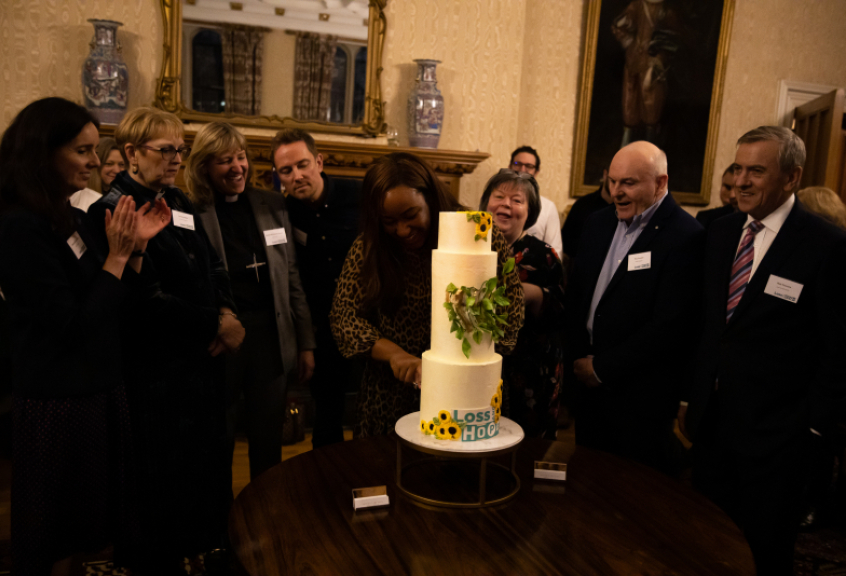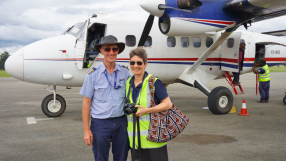
A new coalition of Christian organisations has been launched to support churches of all denominations in caring for the bereaved.
Loss and HOPE was launched last week at Lambeth Palace, the official residence of the Archbishop of Canterbury, in recognition of an increasing openness in society to speak about death and bereavement.
The coalition brings together the Ataloss.org website with the Church of England, Care for the Family and HOPE Together.
The Archbishop of Canterbury, Justin Welby said: "Over the last few years in this country, there has been a real opening up of conversations about bereavement in our society.
"We're beginning to realise the huge impact that losing a loved one can have on every area of a person's life. As a result, increasing numbers of people are likely to reach out for help to process loss – and this is presenting the Church with a special opportunity for outreach to our communities.
"I'm really excited about Loss and HOPE, because it's not just an initiative – it's a movement.
"It's about resourcing and encouraging churches – across the denominations, across the country – to work together in offering the compassion of Jesus and love of God when someone is bereaved."
The Church of England's Head of Life Events, the Rev Canon Dr Sandra Millar, said: "For decades, death and grief have been treated as a very private matter, a taboo subject not to be discussed in public.
"But now this mindset is changing: almost every week there are news articles, podcasts and interviews with people who acknowledge the impact that the death of a friend or family member has had on their life."
The Loss and HOPE website is intended as a hub to provide resources for churches while also inviting Christians to share their own ideas on how to provide effective bereavement support.
The Rev Canon Yvonne Richmond Tulloch, founder and CEO of AtaLoss.org, said that the subject of grief and bereavement offers a new opportunity for church outreach within local communities.
"However, for this to be effective it is vital that we have proper understanding, since bereaved people's experience of church is not necessarily what we would like it to be," she said.
"We mustn't fall into the trap of thinking we've got the subject covered just because we once had training. The conversation is evolving."
Resources on the site will equip churches to support people in the run-up to someone's death, the funeral stage and as they work through their grief.
Paula Pridham, Executive Director of Care for the Family, said: "We know that some churches are further down this road than others, which is why we are asking three questions: What can you offer? What will you do? What do you need?"
Dr Rachel Jordan-Wolf, Assistant Director of HOPE Together, said: "Throughout Scripture it is clear that God has a particular concern for those who grieve. This new initiative offers a very practical way to demonstrate compassion and hope to the communities we all serve."













